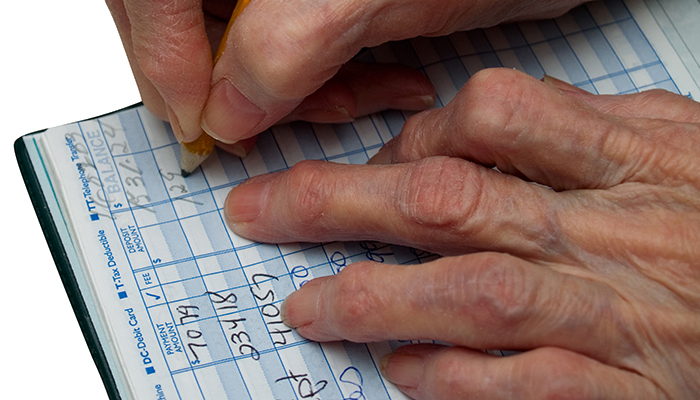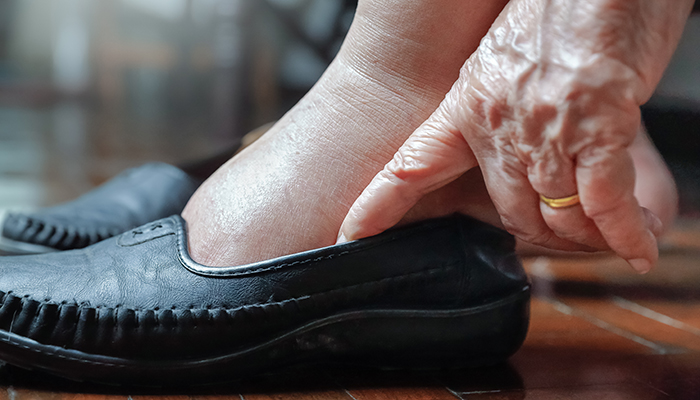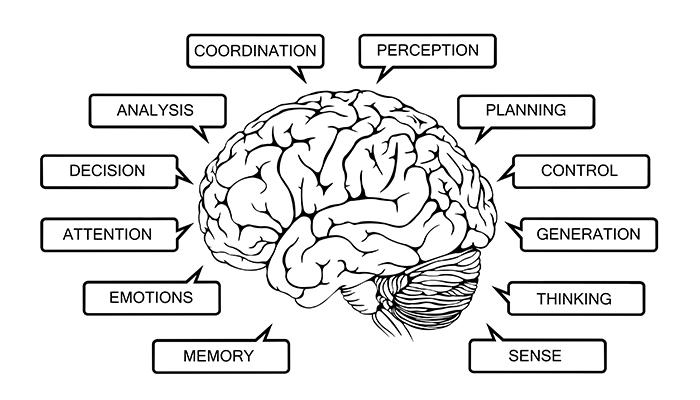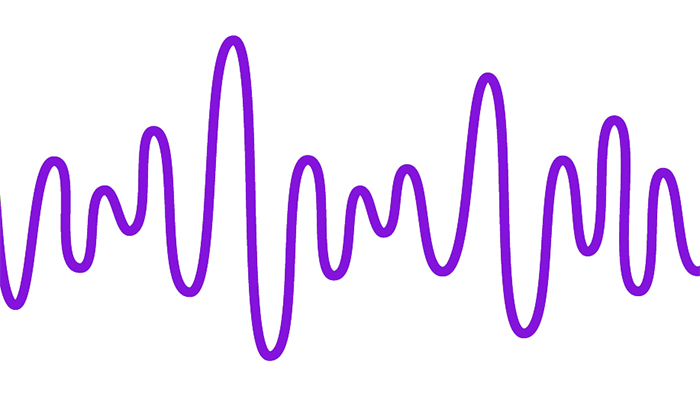Aging in place: Pros and cons
A vast majority of older adults (77%) say they want to remain in their own homes as they age. Of course! Home is comfortable: We know where everything is—in the house, and also in the neighborhood and town. Friends, doctors, grocery store. We know how to get around quickly and easily. Plus, the emotional benefits…
Read MoreSenior centers: Worth a fresh look
Even pre-COVID, many 90-year-olds adamantly refused to go to a senior center, saying they didn’t want to be around “all those old people.” (!) Does this sound like your loved one? Admittedly, the senior centers of the past tended to focus on bingo and crafts. These activities are of limited interest to the newest generation…
Read MoreCombatting dehydration
With summer’s warm weather, be on the lookout for dehydration in your loved one. The signs include confusion, fatigue, weakness, and sleepiness. Some people become dizzy and their balance is thrown off. Dry mouth, headaches, and muscle cramps are other symptoms of dehydration. It is estimated that 20%–40% of seniors are dehydrated. Getting them to…
Read MoreDementia and finances
If the person you care for has dementia—memory or thinking problems from a condition such as Alzheimer’s, a stroke, or Parkinson’s—unpaid bills or a messy checkbook may have been your first sign that something was amiss. Certainly, in the later stages of dementia, your loved one won’t be able to manage their finances. But what…
Read MoreThe “Sandwich Generation”
Elderly parents are living longer. Children are often dependent for more years than expected. Add to this the ongoing responsibilities to spouse/partner and jobs, and there is little wiggle room for the millions of family caregivers who find themselves squeezed in the middle as the “Sandwich Generation.” When you are pressed on both sides like…
Read MoreSmartwatches as medical alerts
Especially for older adults living alone, the ability to summon help in the event of an emergency—such as a fall—is a very real concern. With a cell phone in your purse or pocket, it’s easy to feel well set. Think again. The bathroom is where most falls occur. Do you take your cell phone in…
Read MoreSwollen legs and feet
Many older adults experience swollen legs and feet. For some, it’s because of sitting a lot and leading a sedentary lifestyle. For others, it’s the water retention side effect of a medication. And for others, the swelling—called “edema”—is a symptom of a chronic or even serious illness such as heart failure or liver or kidney…
Read MoreDoes brain training work?
The brain is another organ to keep fit, and regular workouts are a good thing! Our brains enable many types of thinking: Problem solving, planning, attention, and memory. They manage our emotions and help us understand the emotions of others. Our brains also control movement (balance, speed, and coordination). And it’s where we process our…
Read MoreUnderstanding the rhythm of a disease
Much of the strain of caring for a loved one lies in the loss of a predictable routine, a sense of “normalcy.” Understanding the course of your loved one’s condition—the rhythm of how it unfolds—can empower you to respond more flexibly to its challenges. Do any of these patterns ring true for your situation? Relapsing…
Read MoreAging Well Eldercare COVID Update
While we wish we could say that COVID-19 is firmly in our rear-view mirror, unfortunately this is not yet the case. The most recent variant, BA.2 or “stealth Omicron,” is highly transmissible, although it also usually causes only mild symptoms. Because of this, we are continuing to take additional precautions to keep our clients, their households, and our staff and their families safe.
Read More







